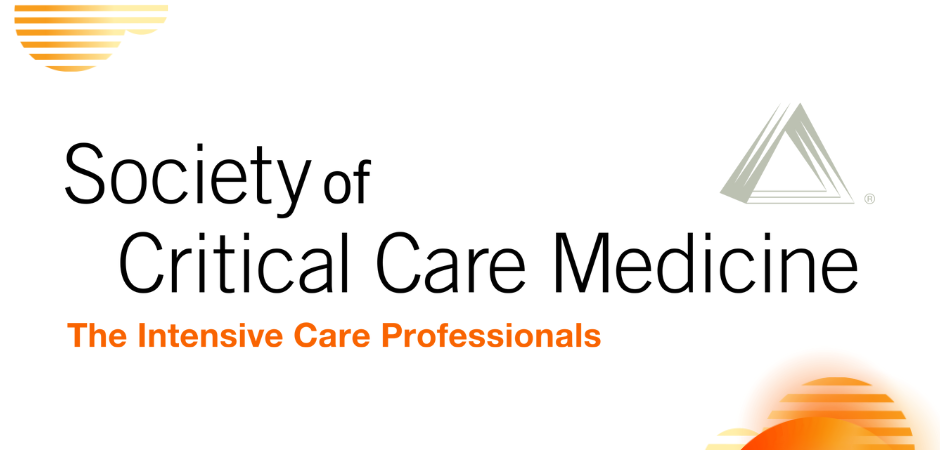Researchers seeking to evaluate the causes of PARDS and improve therapy options have been awarded the Discovery Research Grant, making it the first time the full grant has been awarded to a single project because of the strength of the grant.
Very few therapies have been shown to be effective for treating pediatric acute respiratory distress syndrome (PARDS)—a severe, rapid-onset lung injury condition that typically requires prolonged time in the intensive care unit (ICU) and is associated with substantial morbidity, mortality and medical costs. Furthermore, researchers have had modest success determining subtypes that might respond better to various therapies.
Researchers seeking to evaluate the causes of PARDS and improve therapy options have been awarded the
Discovery Research Grant, making it the first time the full grant has been awarded to a single project because of the strength of the grant.
The Discovery Research Grant sponsors research efforts that will not only ultimately improve patient care in the ICU and advance understanding of critical illness and patient care, but also provide mentorship opportunities for junior investigators.
The Discovery Grant was awarded to Brian Varisco, MD, associate professor of pediatrics and a clinician researcher in the division of critical care medicine at Cincinnati Children’s Hospital during SCCM's 49
th Critical Care Congress. Dr. Varisco is the lead principal investigator of the study, which seeks to identify effective therapies to ultimately help clinicians better execute clinical trials and improve care for critically ill patients with PARDS.
The co-principal investigators include pediatric resident James Williams, MD, at Cincinnati Children’s Hospital and Nadir Yehya, MD, assistant professor of pediatric anesthesiology and critical care medicine at Children’s Hospital of Philadelphia (CHOP). The grant will fund Dr. Williams’ fellowship project under the mentorship of Varisco.
“We’re pleased to award this grant to this promising team,” said Jonathan E. Sevransky, MD, FCCM, professor at Emory University Hospital and cocair of SCCM's Discovery, the Critical Care Research Network
. “The mentorship opportunities in this research project and promise of findings are at the heart of SCCM’s mission—to improve the care of critically ill patients and foster the education of critical care experts.”
Dr. Varisco and his fellow researchers are seeking to identify the biological categories of PARDS by conducting a study using nasal epithelial cell gene expression to categorize patients with PARDS. In diseases such as asthma, lung cancer, and chronic obstructive pulmonary disease, nasal epithelial cell gene expression has been predictive of lung pathology. Preliminary results show that this technique accurately identifies patients who go on to experience an uncomplicated PARDS course and identified two patients with complicated course and different gene expression profiles.
This research currently is being conducted at Cincinnati Children’s Hospital Medical Center, and the Discovery Grant enables its expansion to CHOP. The grant will enable the integration of findings from both institutions with findings of a PARDS peripheral blood transcriptomic endotyping study and generate the data necessary for planning future multisite trials. Researchers also will investigate how two additional techniques—assay for transposase-accessible chromatin sequencing (ATAC-seq) of nasal brushings and proteomic analysis of expiratory limb filters—might complement the mRNA-seq approach.
Discovery Grant applicants are encouraged to focus on expanding the profession’s basic knowledge of critical illness, clinical interventions to improve patient outcomes, and technical aspects such as electronic surveillance systems, as well as exploring cultural and educational factors among ICU staff that either impede or facilitate a climate promoting best practices and error reduction.
Learn more about Discovery
